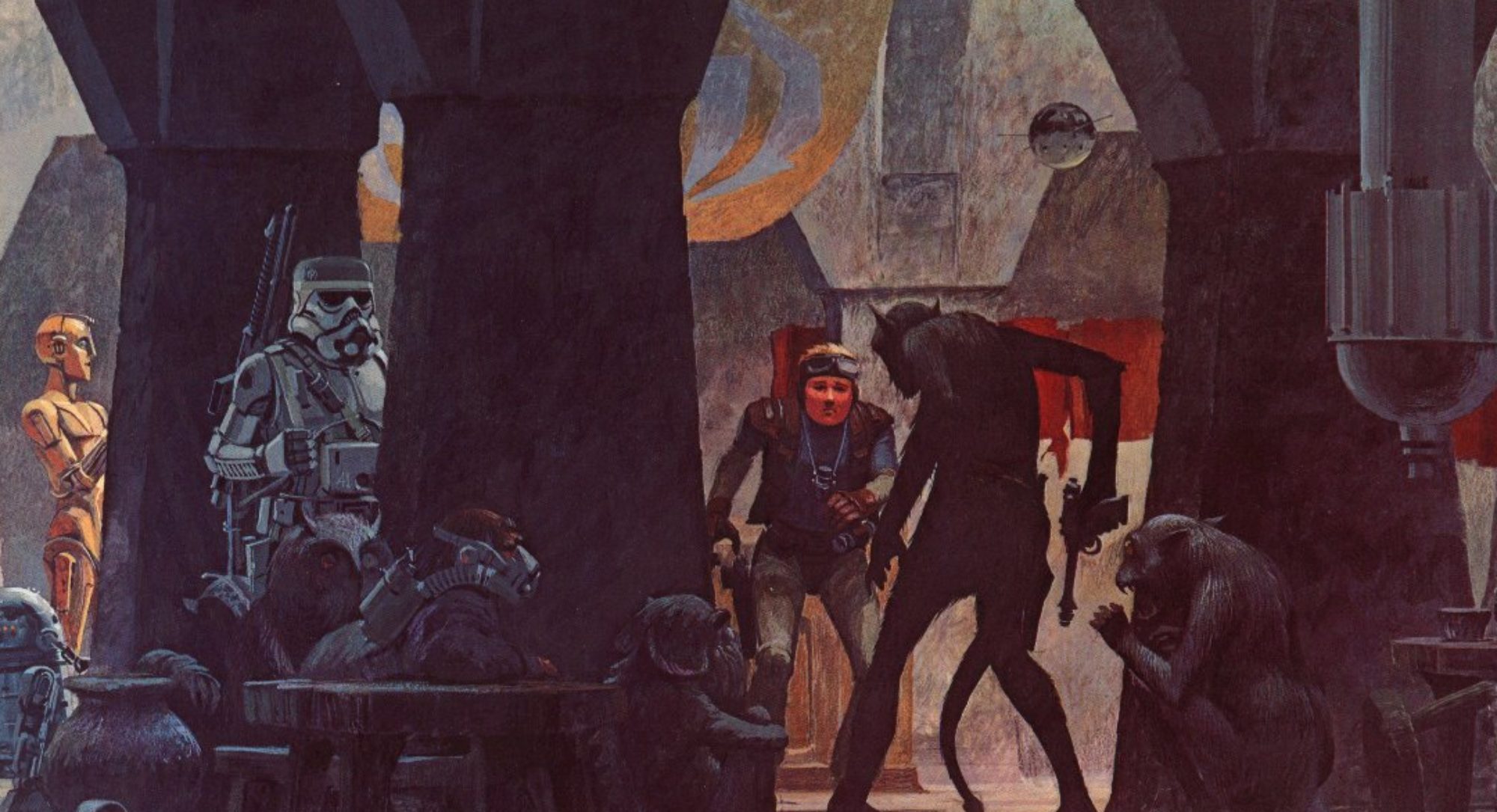I’m working on a new game.
Notice, however, that I didn’t say a new game design.
That’s one of the interesting things about my chosen profession lately. Whereas in the past, I would start from scratch, building the framework of a rules set and then adding the things that I consider the “nifties” to it, today it’s possible to grab a framework of existing rules from the Open Gaming License, and then concentrate on the development of those “nifties.” More often than not, this means releasing a based-on-D&D sort of thing, using the d20 system. However, some folks have released other systems via the License as well. I hadn’t really be paying much attention, to be honest.
I had intended to design this new game from the ground up. However, now that I’ve taken a look at the rules presented in the free System Resource Document for Spirit of the Century, my brain is already jumping with developmental ideas that add to those rules — “nifties” that make the game that I’m developing something different from SOTC, but similar enough to benefit.
It allows me to concentrate on the development of the setting-specific rules systems that are the game’s equivalent of the hooks or riffs you’d find in a song. The bassline and the beat are already layed down, and I can now compose the leads over the top of them.
I have to admit that part of me feels like I’m cheating. The other part, however, is really excited about this project.


I’ve seen pretty amazing stuff done with FATE/SoTC. I’m very interested in seeing what you create.
I’m interested in seeing what others have done. Have any recommended links for me?
Links
The Official Fate 3.0 website.
The FATE Yahoo discussion group (files section).
Fudge on the Fly (with the FATE option) is also available under the OGL.
There’s also the very handy Pyramid generator here and character developer here.
Also, John Wick has been working on a new game called “Houses of the Blooded”, which is built on the FATE/SoTC OGL.
Warehouse 23 sells Fudge Dice, which work surprisingly well and simplify things quite a bit.
Cool! Good luck with it. I recently did a game this same way, and I agree—part of me feels like it was cheating, esp. since I’ve always prided myself on creating a new system appropriate for each game.
Re: Links
Thanks! (Especially for the Yahoo discussion link. I’ve joined up)
What game did you do? Do tell!
Re: Links
Be warned! The FateRPG minions are very chatty!
Welcome aboard, regardless. And feel free to holler my way if you wanna discuss any Fate innards with one of the folks on the design team. :)
It’s not out yet, so I’m not sure I can talk about it. I’ll post details once it’s official, though.
Re: Links
De nada, the Fate folks are good people and they have a lot to offer.
Cool. I thought it was something you had done for Clockworks.
This makes overall good design sense to me.
–
Architects are rarely designing new kinds of houses,
they let their ideas and skills come out in the details.
-=-
You have a good eye for details, run with this!
Makes sense but no–third-party product.
I’m so used to the open source concept in software development that it’s second nature, and I really, really dig seeing similar concepts being applied to other sorts of endeavors!
Personally, the thing I’ve always found fascinating about game design is that the source has always been “open”. From the first edition of D&D, reading the book gave you the game-rules (the source code), but you’d have to be rather foolish to crib someone else’s functions to build your own program.
The application of a new licensing system changes things in a significant and subtle way. It’s as though Microsoft always published their source, but is only now picking up the GPL.
With the popularity of the OGL, there’s been more of a separation between rules and settings. IMO, this lends a great deal of extra concentration to the rules (both in balancing them and in reducing them to essentials), which is never a bad thing for any game.
Which is just a three-paragraph long way of saying “Open-sourcing anything improves it.” or “Here here!”
I think it’s excellent that FATE is getting more and more attention from 3rd-party developers. I am already following John Wick’s design for Houses of the Blooded, which uses FATE as its engine, and now your Far West as well. Could FATE be the new d20? Once can hope. I know I’m using it as the basis for some new designs as well.
I will be agog if Fate becomes the “new” d20 *but* I won’t exactly complain. :)
That covers my feelings as well. I can tell you this, though, if the microcosm that is the gaming podcasts hosts and audiences can be taken as any kind of indication, even a small one, FATE is gaining huge ground in popularity and quickly becoming a system of choice for play AND for design. So, who knows.